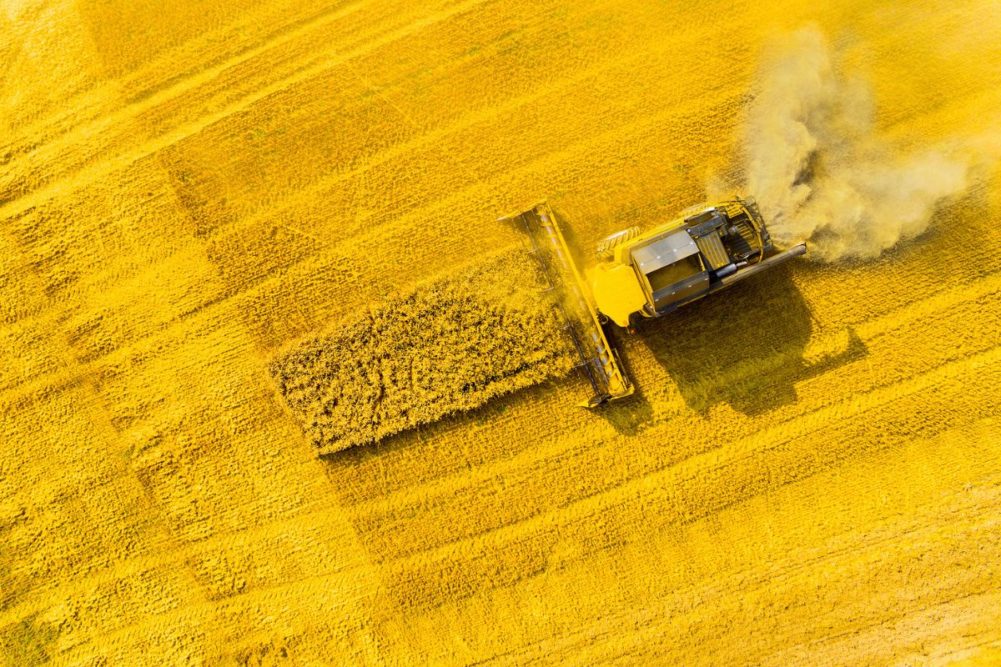LONDON, ENGLAND — Larger-than-expected rapeseed harvests last season and this season are expected to buffer the United Kingdom from impacts related to Russia’s invasion of Ukraine, according to a report from the Foreign Agricultural Service (FAS) of the US Department of Agriculture.
The larger harvest and favorable growing conditions helped the UK avoid being reliant on imported oilseeds, meals and oils.
“With another similarly sized rapeseed crop currently forecast for 2023-24, albeit despite some challenges over winter and at planting in the spring, this is expected to continue to buffer the UK from external supply factors,” the FAS said.
Total rapeseed area in 2023-24 is forecast to increase for the second consecutive year but is still significantly below historic levels. This is primarily due to the loss of some pesticides following Russian’s February 2022 invasion of Ukraine.
Rapeseed oilseed production in 2023-24 is forecast to reach 1.38 million tonnes, marginally higher than 2022-23.
Meal production is expected to increase by 70,000 tonnes in 2022-23 with another marginal increase expected in 2023-24. Demand for rapeseed meal primarily comes from the UK livestock sector.
Rapeseed oil production, which is the main driver for the rapeseed market in the UK, is forecast to increase for the third consecutive year in 2023-24, having been impacted by COVID-19 in 2020-21. Production is estimated at 2 million tonnes.
An increase in soybean imports, and an associated increased crush, in 2022-23, is expected to partially offset the support given to soymeal supplies in 2021-22 by a reduction in soymeal stocks that year, meaning feed use of soymeal in 2022-23 is expected to only fall marginally, the FAS said. A reduction in forecast soybean imports in 2023-24 is currently forecast to be more than offset by an increase in soymeal imports, meaning feed use of soymeal is forecast to recover slightly.






